It wasn’t an easy thing to do, considering the year was 1971, but it had to be done in order to progress African American interests. This was the mindset when 12 prominent Black congressmen boycotted Richard Nixon’s State of the Union message. It wasn’t done as a publicity move, but rather out of frustration due to the President refusing to respond to the several petitions put forth by Black leaders for a meeting. Not only Congressmen boycotted President Nixon; several other leaders of importance within the African American community took part of the movement as well.
The Congressional Black Caucus (CBC) was an important organization for African Americans in politics. Established in 1971, its history is deeply rooted in the Democratic Select Committee formed in 1969. Both organization had the same guidelines regarding getting black governmental leaders together to talk about their concerns. Even with Black members in the house, many were not still being heard on pressing issues in the community. In fact, many of the requests put forth by these leaders in an organized setting went largely ignored. A good example of this concerned the desire to launch investigations into key killings of members of the Black Panther party. The government wouldn’t budge on the issue, even though 13 black representatives were present during the opening of the 92nd Congress.
However, despite the presence of several Black congressmen influential African American leaders in the CBC, President Nixon refused to acknowledge the group and ignored several requests for a meeting. This obviously didn’t sit well with the CBC, and they acted accordingly. It was risky, but the CBC decided to boycott the January 1971 State of the Union address. On behalf of the group, one member even wrote, “We now refuse to be part of your audience.” It was quick, and right to the point. Their voices were clearly heard.
President Nixon finally agreed to sit down with the CBC in good faith to show them that the White House was interested in African American affairs. At this point, the CBC made it a point to express that they didn’t want empty promises, but rather equality by results. This was a very clear cut message to the administration, and with all of the negative press coverage surrounding Nixon, he was instantly painted into a corner. With this single incident, the CBC gained great power and a way to ensure that the voices of the Black community will not be ignored. Their determination ensured that they were seen as equals to the other representatives in the House.
Sources:
http://history.house.gov/Exhibitions-and-Publications/BAIC/Historical-Essays/Permanent-Interest/Congressional-Black-Caucus/

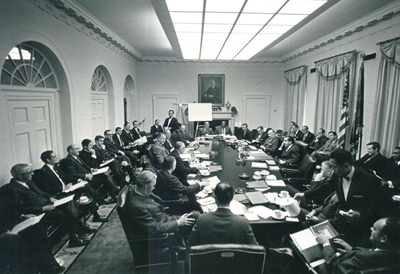



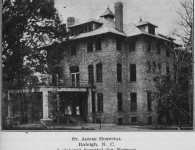
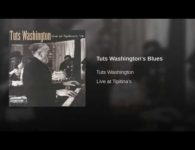
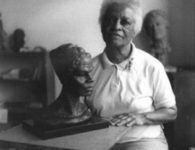
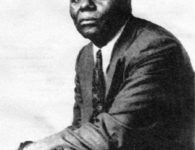
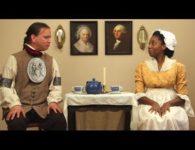

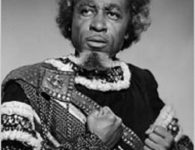
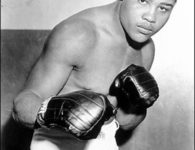


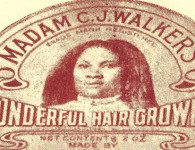
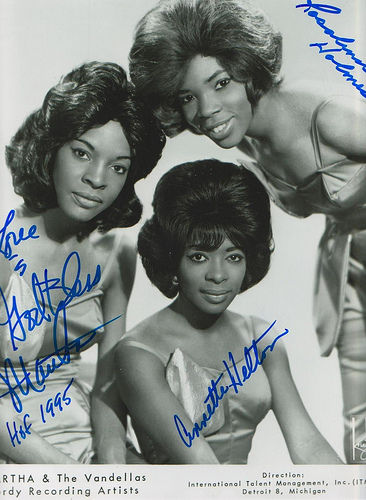



No comments